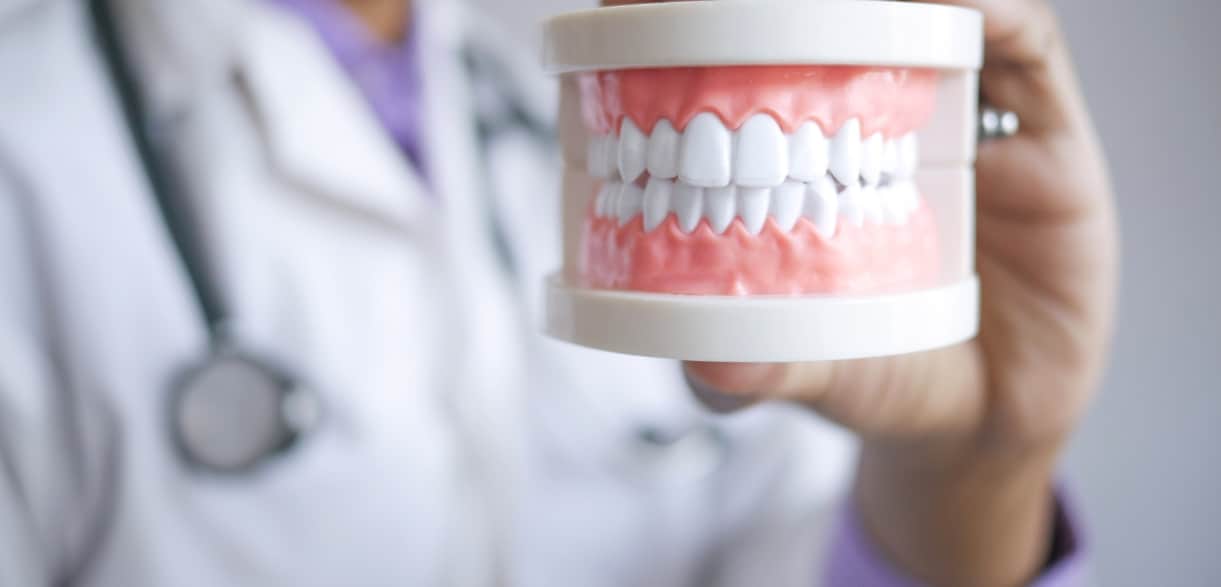
Does your denture fit you properly? Any fitting issues might affect your confidence and oral health. Moreover, without a proper fit, you won’t be able to properly chew, speak, and pain while experiencing pain on a daily basis. In the long run, you might also experience infections and other dental issues.
Read this blog to learn what you should do when you experience this discomfort and the treatment solutions.
What Signs Indicate Your Dentures Don’t Fit Properly?
If your dentures are not fitting you properly, look out for the following signs:
- The movement of this dental appliance against your gums can cause redness, inflammation, and pain.
- You might experience trouble while chewing your food because of the fitting issues.
- If your replacement teeth keep shifting or make noises while you speak, it’s better for you to see a dentist.
- Friction from movement can lead to painful sores on your gums and the insides of your mouth.
- Are you depending only on adhesive to keep your set of replacement teeth in place? They definitely don’t fit you well.
What Are The Common Causes of Poorly Fitting Dentures?
Here are some factors that might affect the fit of your replacement teeth:
- Your jawbone and gum tissue can shrink over time, causing your dentures to become loose.
- Were your replacement teeth made with accurate impressions? If not, then they might not fit you properly.
- Every day, wear and tear from food and beverages might wear down your replacement tooth over time.
- Have you lost some weight> The changes in your facial contours might affect the fit of your dental appliance.
- When you lose your natural teeth, your jawbones start shrinking, altering the fit of your false teeth.
What To Do If Your Dentures Don’t Fit Properly?
Experiencing discomfort because of your dentures? Here are some solutions to alleviate your suffering;
Visiting A Dentist
You must first see a dentist to learn if you need small or major adjustments. They can use different techniques like X-rays and oral imaging to check the condition of your mouth. Based on this, they will decide on the best course of action.
Dental Relining
Dental relining can reshape the inside of your replacement teeth to fit your gums better. Soft relining will use a pliable material for extra comfort. Hard relining will use a more durable material for long-term solutions.
Permanent Solutions
There are more permanent solutions as well, such as implant-supported ones, for a more comfortable experience. They will stay anchored to dental implants, avoiding slippage. You can opt for this if you don’t have sufficient bone density and don’t have good overall health.
In general, dentures can last for a long time. If you notice any cracks or fractures on them, see a dentist to get them changed.
An ill-fitting set of replacement teeth can cause significant discomfort and ruin your daily life. Recognizing the signs is the first step to finding the solution. Whether you need adjustment or a reline, seeking professional care is essential. You can also opt for permanent fixes if necessary.
Are you ready to fix your fitting problem? Schedule a consultation today!




